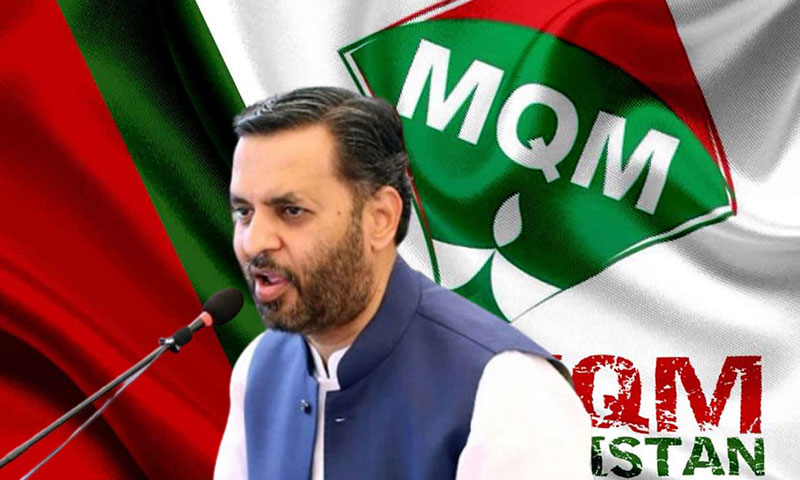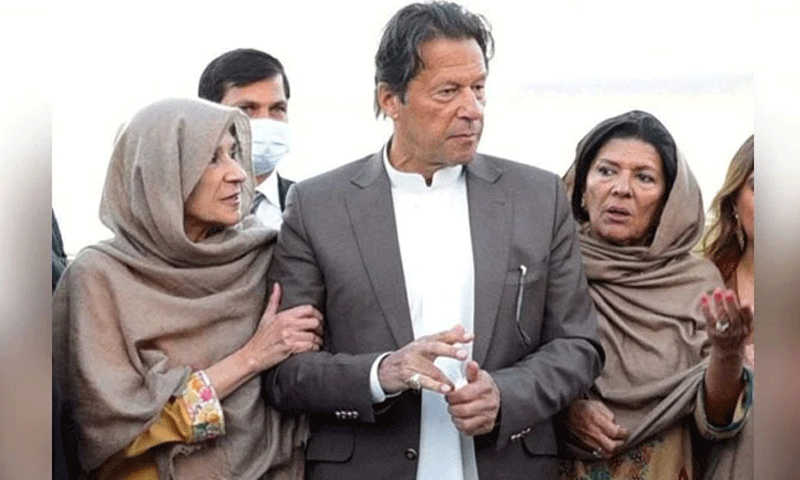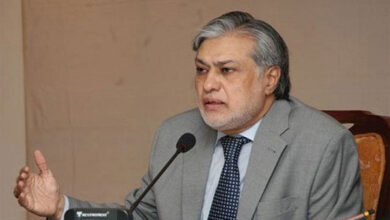MQM’s Diminished Role: From Kingmaker to Pawn in Current Government

Islamabad:The Muttahida Qaumi Movement (MQM) Pakistan, once regarded as a “kingmaker” in political landscapes, is currently grappling with its significance within the federal government. With 22 members in the National Assembly and 3 senators, MQM’s political position appears stronger compared to the past. However, its ongoing grievances about not receiving adequate importance and failing to secure a favorable deal on constitutional amendments reflect growing frustrations among its voter base.
#### Historical Context and Current Status
MQM senior leader Mustafa Kamal emphasized that they have not engaged in any bargaining with the Pakistan Muslim League-Nawaz (PML-N) for government formation. Instead, they offered unconditional support to PML-N four months before the elections. Kamal reiterated their longstanding demand for equitable devolution of power and resources to lower levels, insisting that their requests have been met with verbal support but no tangible actions.
#### Concerns Over Quota System Extension
A significant concern for MQM is the proposed 20-year extension of the quota system, which Kamal criticized, stating that such measures further disadvantage urban Sindh residents who have suffered economically and educationally under this system. He expressed frustration, questioning the purpose of their assembly membership if they cannot address these critical issues for their constituents.
Kamal’s remarks indicate a rising discontent within MQM regarding its perceived status as merely a pawn in the current coalition government, particularly in light of its crucial role in negotiations and legislative actions.
#### Media Perspectives on MQM’s Influence
Journalist Arman Sabir noted that while MQM has historically aligned with various political entities, its power fluctuates based on the political landscape. He observed that the party tends to assert its influence when constitutional amendments are on the table, suggesting that this is a prime opportunity for MQM to leverage its position and demands.
However, Sabir pointed out that threats made by MQM may not hold significant weight in the current scenario. Even if MQM were to withdraw from the coalition, the government’s stability might remain unaffected unless MQM’s votes are required for critical legislation.
#### Conclusion
As the MQM navigates its role in the current government, it faces the challenge of reconciling its historical significance with its current status. With tensions rising over key issues like the quota system, the coming weeks will be pivotal for MQM to assert its demands and potentially reshape its relationship with the ruling coalition. Whether they can regain their footing as a kingmaker or will remain sidelined as a mere pawn remains to be seen.






